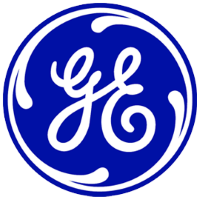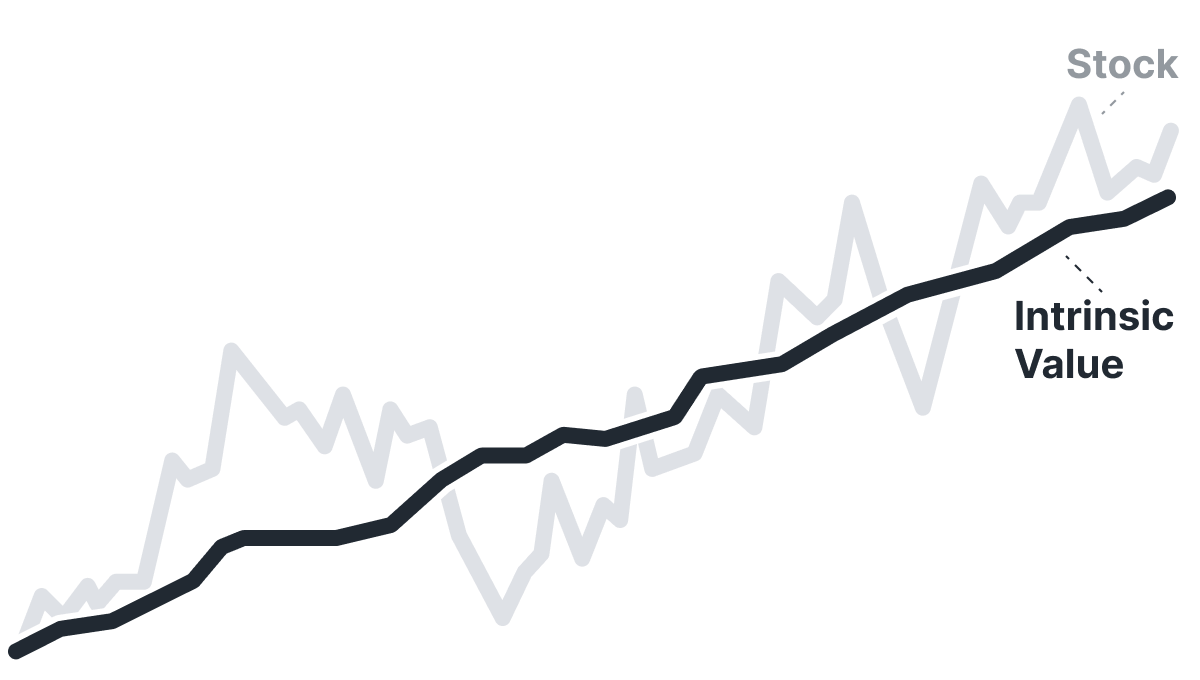

General Electric Co
NYSE:GE

Intrinsic Value
The intrinsic value of one
 GE
stock under the Base Case scenario is
hidden
USD.
Compared to the current market price of 325.99 USD,
General Electric Co
is
hidden
.
GE
stock under the Base Case scenario is
hidden
USD.
Compared to the current market price of 325.99 USD,
General Electric Co
is
hidden
.
Valuation History
General Electric Co

GE looks overvalued. Yet it might still be cheap by its own standards. Some stocks live permanently above intrinsic value; Historical Valuation reveals whether GE usually does or if today's premium is unusual.
Learn how current stock valuations stack up against historical averages to gauge true investment potential.

Let our AI compare Alpha Spread’s intrinsic value with external valuations from Simply Wall St, GuruFocus, ValueInvesting.io, Seeking Alpha, and others.
Let our AI break down the key assumptions behind the intrinsic value calculation for General Electric Co.
Fundamental Analysis
Revenue & Expenses Breakdown
General Electric Co

Earnings Waterfall
General Electric Co

The intrinsic value of one
 GE
stock under the Base Case scenario is
hidden
USD.
GE
stock under the Base Case scenario is
hidden
USD.
Compared to the current market price of 325.99 USD,
 General Electric Co
is
hidden
.
General Electric Co
is
hidden
.


